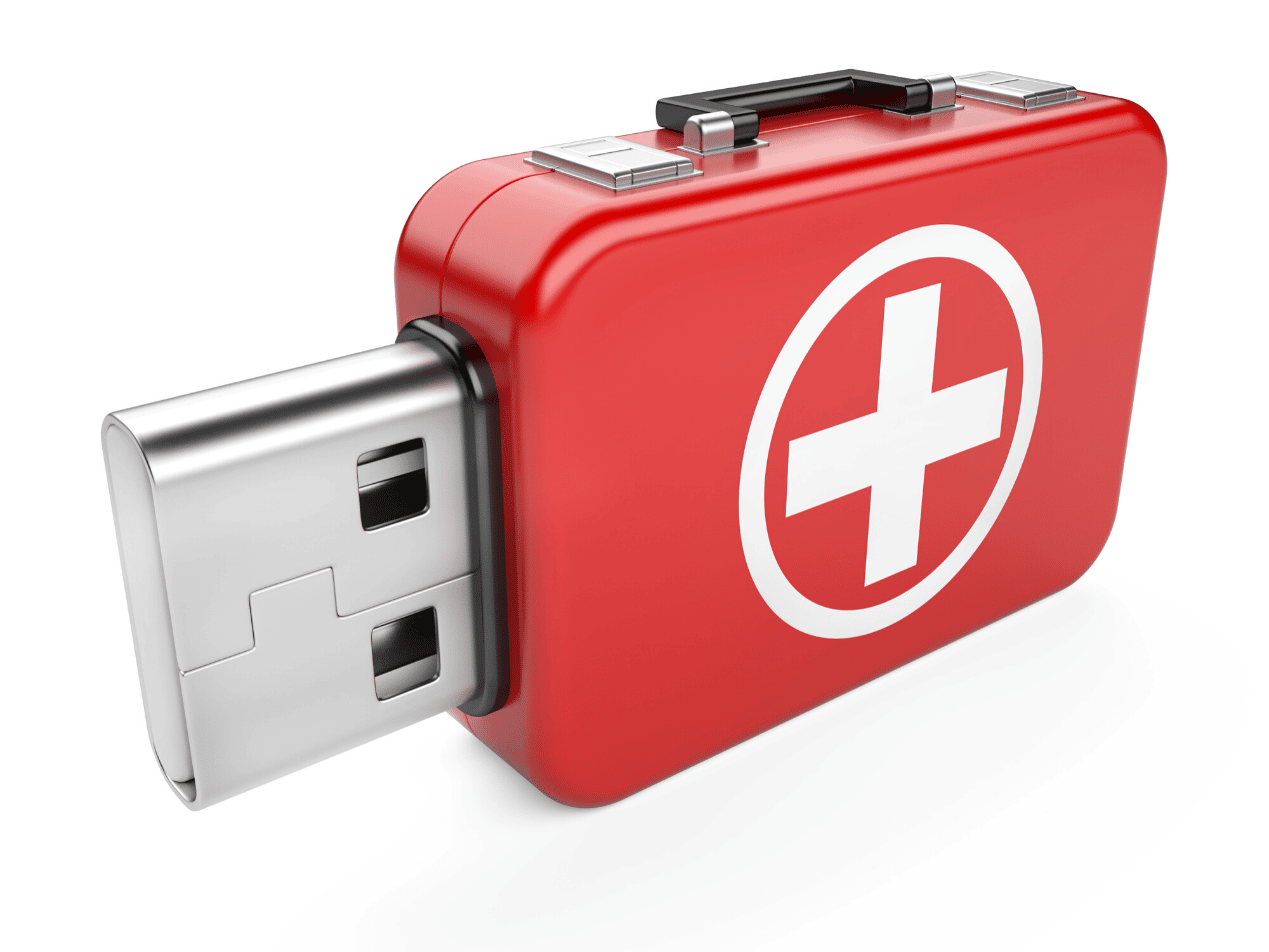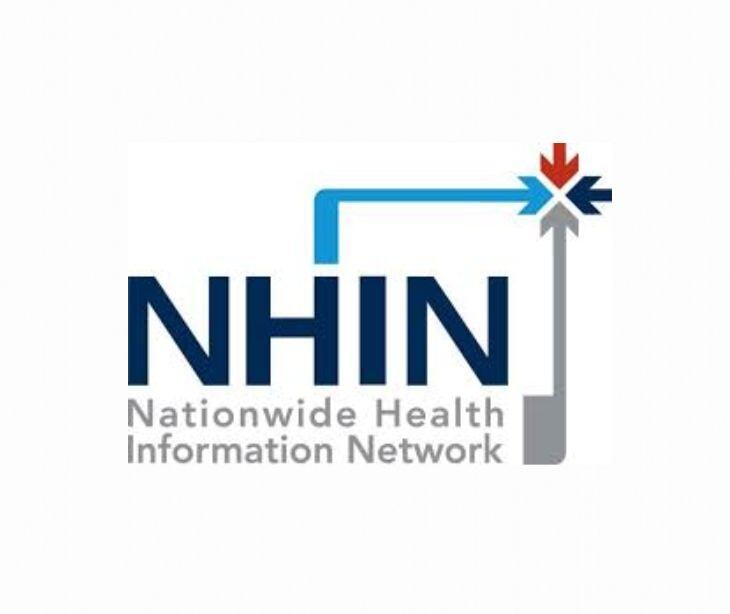
Health information organizations (HIOs) play a role in healthcare organizations by facilitating the secure exchange of electronic health information among various stakeholders in the healthcare ecosystem. Doing so enhances the coordination of patient care, streamlines healthcare operations, and supports the delivery of high-quality healthcare services.
What is a health information organization?
A health information organization (HIO) is an entity that plays a role in facilitating the secure exchange of health-related information among various healthcare providers, such as hospitals, doctors, and pharmacies, often in electronically networked environments. While an HIO is not inherently covered by the HIPAA Privacy Rule, it can function as a business associate of HIPAA covered entities when it performs functions or services that involve access to Protected Health Information (PHI).
In the United States, these organizations play a vital role in distributing information regarding the 2009 American Recovery and Reinvestment Act (ARRA) and its measures designed to encourage the adoption of electronic health records (EHRs). Their main emphasis is on fostering the compatibility and sharing of EHRs among healthcare institutions, which corresponds with the objectives of the ARRA. These entities have the capacity to function at various administrative levels, encompassing federal, state, and local tiers.
In this capacity, HIOs assist covered entities in adhering to privacy regulations and safeguards by helping to manage the exchange of PHI for purposes like treatment, ensuring that the information is accessed only by authorized parties and is used in compliance with privacy rules. HIOs may operate as intermediaries in networked healthcare ecosystems, helping streamline and enhance health information flow.
Specific functions of HIOs
Facilitating electronic health information exchange: HIOs enable the secure exchange of electronic health information among various healthcare providers, such as hospitals, clinics, and pharmacies, to support patient care, treatment coordination, and other healthcare operations.
Intermediary for PHI Exchange: They act as intermediaries or platforms through which healthcare entities can share PHI in a standardized and secure manner, ensuring that PHI is accessed only by authorized individuals.
Matching patients to their health records: HIOs often provide record locator services, helping healthcare providers accurately match patients to their health records across different jurisdictions or healthcare settings.
Privacy preference management: HIOs assist in managing individuals' privacy preferences regarding their health information within the network, ensuring that patients' choices about how their data is shared are respected.
Implementing national standards: HIOs work according to nationally recognized standards for health information exchange, ensuring data consistency and compatibility across different healthcare entities.
Supporting treatment purposes: Many HIOs primarily focus on facilitating the exchange of PHI for treatment purposes, ensuring that healthcare providers can access relevant patient information to make informed clinical decisions.
Supporting HIPAA compliant communication: With the ever-increasing reliance on electronic communication, HIOs help bridge the gap between modern technology and HIPAA's stringent privacy and security requirements. They serve as intermediaries that enable healthcare providers to securely exchange patient information, including sensitive medical records, through HIPAA compliant email and other electronic communication channels.
See also: How to ensure the standard of integrity is upheld in email
What are health information exchanges?
A health information exchange allows healthcare organizations to securely access and share patients' ePHI. Practitioners also sometimes use the term HIE as a verb, meaning the transmission of PHI electronically. An HIE acts as a healthcare clearinghouse, facilitating the processing and sending of unstandardized information in a standardized form. PHI shared depends on what is needed and for what purpose.
HIEs function within the National Health Information Network (NHIN) created by the Office of the National Coordinator (ONC) in 2004. Elements of NHIN, the national health IT infrastructure, include HIEs and:
- Regional health information organizations (RHIOs)
- Electronic medical records/electronic health records (EMR/EHR)
- Personal health records (PHR)
The point of NHIN and HIEs is to create more interoperability. Interoperability means correctly exchanging and integrating data (i.e., PHI) in a coordinated manner. HIEs, therefore, should assist the healthcare industry with effective communication and sharing. The general goal of such interoperability is better patient care and HIPAA compliance.
Establishing a HIPAA compliant relationship between HIOs and covered entities
Identify the need: Covered entities should first determine the need for utilizing an HIO for electronic health information exchange. This assessment should include evaluating the benefits, scope, and objectives of the exchange.
Select a trusted HIO: Choose an HIO that adheres to nationally recognized standards and has a strong track record in maintaining the privacy and security of health information.
Execute business associate agreements (BAAs): When HIOs perform functions or services involving access to PHI, covered entities must enter into comprehensive business associate agreements (BAAs) with the HIOs. These agreements should outline the roles, responsibilities, and safeguards for protecting PHI.
Define scope and terms: Clearly define the scope of services provided by the HIO, including permitted and required uses and disclosures of PHI. The BAA should also specify how the HIO will safeguard PHI and ensure HIPAA compliance.
Privacy preferences and individual rights: Ensure that the HIO respects individual privacy preferences regarding their health information and complies with patients' rights under HIPAA, such as access to their records.
Subscribe to Paubox Weekly
Every Friday we bring you the most important news from Paubox. Our aim is to make you smarter, faster.




